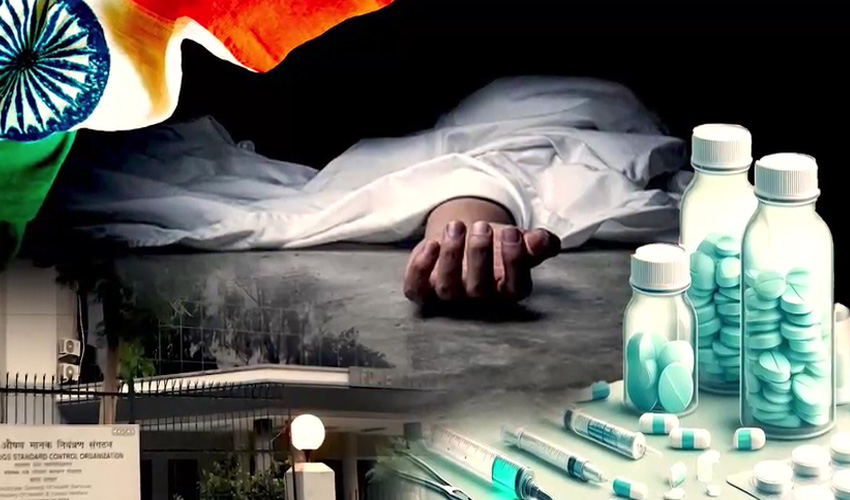India's regulatory authority has shuttered over 36% of the country’s drug manufacturing units in response to continuous complaints and global controversies. Since last year, more than 400 units have faced closure due to their failure to meet quality standards.
The move comes amidst mounting criticism of Prime Minister Narendra Modi's administration, with accusations that his tenure has been marked by increasing irresponsibility and corruption within key institutions. The Indian pharmaceutical sector, once hailed for its innovation and affordability, is now under intense scrutiny for producing substandard and dangerous medications.
Notably, the World Health Organization (WHO) has declared medicines from Haryana-based Maiden Pharmaceuticals and QP Pharmachem in Noida and Punjab as contaminated.
These findings are linked to tragic incidents where cough syrups manufactured by Maiden Pharmaceuticals resulted in the deaths of over 300 children in Gambia, Uzbekistan, and Cameroon. The syrups contained lethal levels of diethylene glycol and ethylene glycol, chemicals known to cause severe kidney damage and death.
Rajeev Raghuvanshi, chief of the Central Drug Standard Control Organization, lamented the declining standards within the Indian pharma industry. "The quality of Indian pharma industry has gone down a lot due to the manufacturing of substandard drugs," he stated, attributing the crisis to inadequate documentation, flawed drug verification processes, and under-equipped quality control laboratories.
This isn't the first time Indian products have come under fire internationally. Historically, the US halted the import of Indian mangoes after detecting pesticide contamination. Now, with the pharmaceutical sector's global reputation at stake, India's position as the world's third-largest drug producer is under severe threat.
Critics argue that while Prime Minister Modi continues to promote India’s economic growth on the global stage, internal reports and international incidents paint a starkly different picture of a nation grappling with severe quality control issues and economic instability.



























